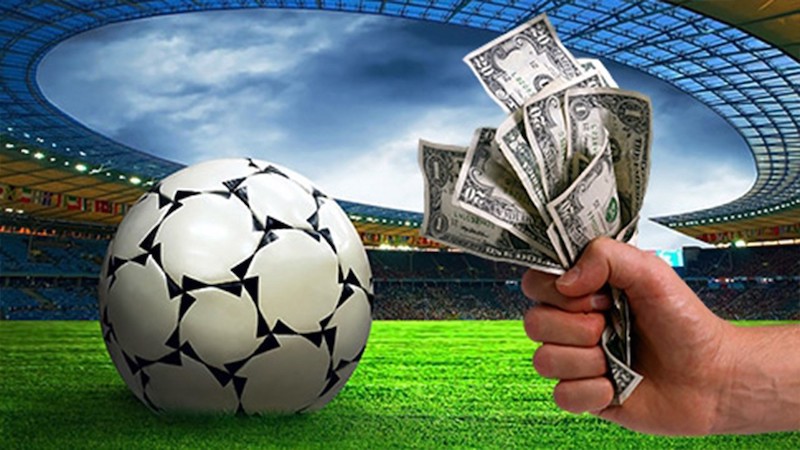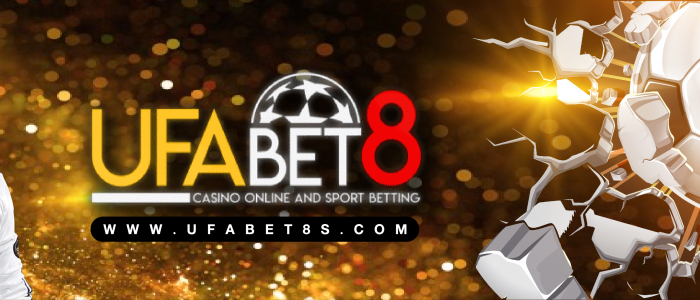The European Football Championship, often celebrated as the pinnacle of football excellence on the continent, is not only a showcase of athletic prowess but also a canvas for cultural fusion. With each edition, the tournament becomes a vibrant tapestry, weaving together the diverse threads of European cultures into a spectacle of unity and celebration. One of the most striking aspects of the Euro Championship is the multitude of nations represented on the field. From the storied footballing nations of England, Germany, and Italy to the emerging powers of Croatia, Belgium, and Portugal, the tournament brings together teams from across Europe, each carrying its own distinct cultural heritage. At the heart of this cultural mosaic are the players themselves. The rosters of participating teams often mirror the multicultural fabric of modern Europe. Players of diverse backgrounds, ethnicities, and nationalities come together to represent their respective countries, displaying not only their footballing talents but also their unique cultural identities.

Take, for example, the French national team, which has long been celebrated for its diversity. With players of African, Caribbean, and ยูโร 2024 Euro descent, the French squad embodies the multicultural essence of contemporary France. Stars like Kylian Mbappé, Paul Pogba, and N’Golo Kanté not only dazzle with their skills on the pitch but also serve as symbols of inclusivity and unity. Similarly, the German team boasts players with roots spanning the globe, reflecting the country’s status as a cultural melting pot. Players like Mesut Özil, of Turkish descent, and Leroy Sané, whose father hails from Senegal, embody Germany’s rich tapestry of diversity. Their presence on the team highlights the inclusive nature of German society and the contributions of immigrants to the nation’s footballing success. Beyond individual players, the Euro Championship also provides a platform for fans to come together and celebrate their shared passion for the game. Stadiums across the host countries reverberate with chants and songs in multiple languages, creating an atmosphere of camaraderie and belonging.
Whether it is the passionate tifosi of Italy, the exuberant supporters of Spain, or the fervent followers of England, each nation brings its own unique flair to the tournament, adding to the richness of the experience. Moreover, the Euro Championship serves as a stage for cultural exchange and dialogue. As fans and teams crisscross the continent during the tournament, they bring with them not only their love of football but also their traditions, cuisines, and languages. Whether it is sampling local delicacies, learning phrases in a new language, or experiencing unfamiliar customs, the tournament provides an opportunity for people from different backgrounds to connect and learn from one another. In recent years, efforts to promote diversity and inclusion in football have gained momentum, both on and off the field. Initiatives aimed at combating discrimination and promoting equality has been championed by governing bodies such as UEFA, ensuring that the sport remains accessible and welcoming to all. From grassroots programs aimed at fostering talent in underserved communities to campaigns raising awareness about social issues, football has become a powerful tool for promoting positive change and fostering greater understanding among diverse populations.




